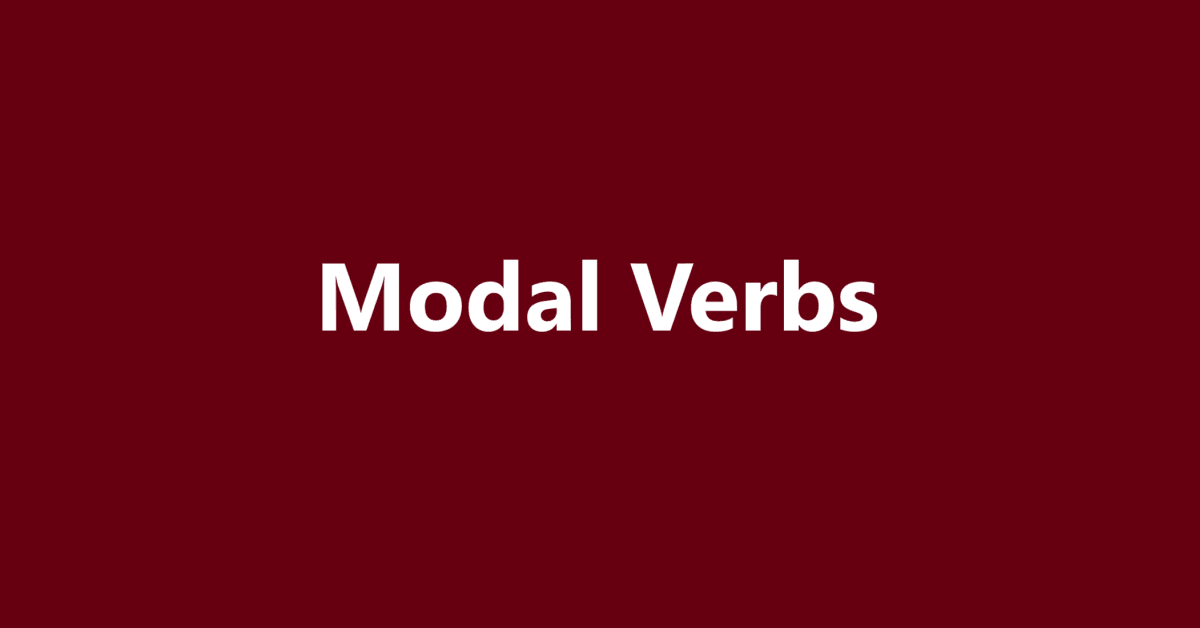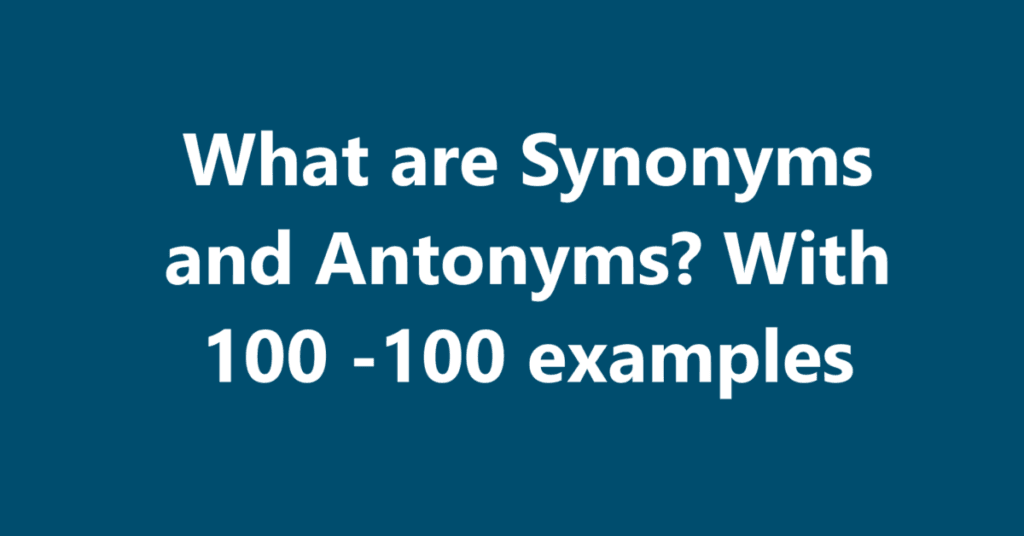Modal Verbs
Learn all about modal verbs and their usage in sentences. Check out the examples and the practice exercise to have a better idea.
What Are Modal Verbs?
Modal verbs are helping verbs that are used along with main verbs to represent a subject’s ability, possibility, and probability to do an action and emphasize the necessity of an action.
Examples of Modal Verbs
Let us look at some examples of modal verbs used as auxiliary verbs and their functions.
| Modal Verb | Function |
| Can | Used to denote the ability of the subject to perform an action or to request permission to perform an action |
| Could | Used to denote the ability of the subject to perform an action or an offer made by the subject to perform an action |
| May | Used to denote the probability of an action taking place or to request permission to perform an action |
| Might | Used to denote the probability of an action taking place or to make suggestions |
| Will | Used to denote the surety of an action taking place or the assurance of the subject to perform a particular action |
| Would | Used to show politeness when requesting or asking if an action can be done by the subject. |
| Shall | Used to denote the surety of an action taking place or the assurance of the subject to perform a particular action |
| Should | Used to denote the necessity of an action to be done by the subject |
| Must | Used to denote the strong obligation or necessity for the subject to do or not do an action |
| Ought to | Used to denote the obligation of the subject to perform a particular action |

